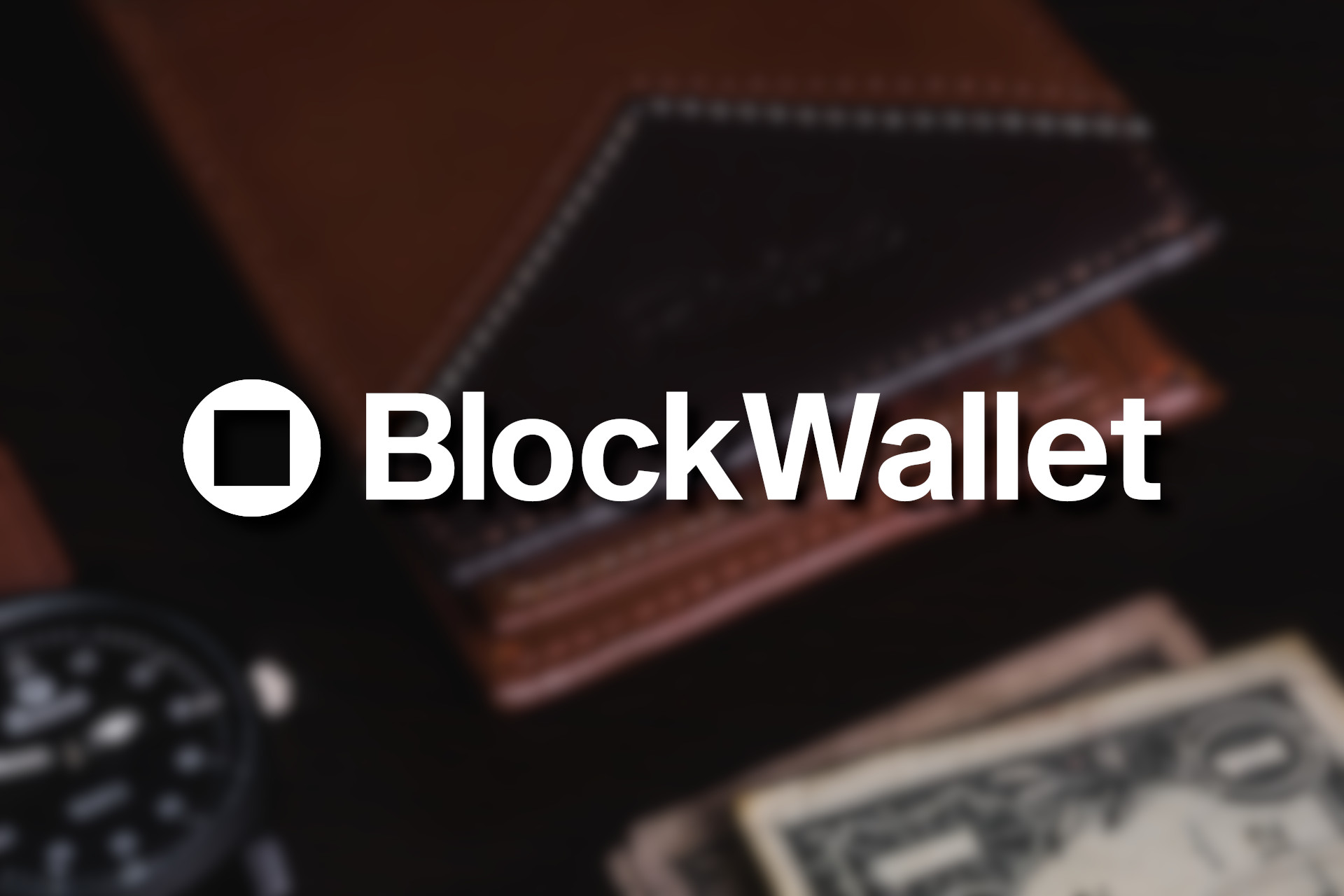
Key takeaways:
- After months of testing, BlockWallet has launched its crypto wallet extension for Google Chrome, Brave, Microsoft Edge, and Opera browser
- BlockWallet is focused on privacy and aims to provide easy and secure access to Web3 applications running on Ethereum, BNB Chain, Avalanche, Fantom, and Polygon
- BlockWallet uses smart contracts to make transactions untraceable and prevents third parties from parsing senders and receivers’ IP addresses and other metadata
BlockWallet’s Web3 privacy-focused browser wallet is now available to Chrome, Brave, Edge, and Opera users
Tallinn-headquartered crypto company BlockWallet has launched its non-custodial browser extension wallet, allowing users to store funds and interact with decentralized finance (DeFi) applications in a secure and private manner.
The new Web3-oriented solution currently supports some of the sector’s most popular decentralized platforms, including Ethereum, BNB Chain, Avalanche, Fantom, and Polygon. The browser extension is available to Google Chrome, Brave, Microsoft Edge, and Opera browser users.
Iman Hossini, BlockWallet’s CTO, commented on the importance of privacy when it comes to Web3:
“When users interact with Web3, it poses significant risks because now the financial data is also attached to the user. As we build Web3, we should not make the same errors as before but aim to create a truly private Web3 experience. BlockWallet launch is a significant step towards this goal.”
BlockWallet’s crypto solution went through a rigorous testing phase, which saw participation from more than 2,000 beta testers to ensure a stable and secure experience for the broader public from day one.
A rich suite of features and privacy-focused solutions
BlockWallet boasts some of the more advanced privacy-oriented features in the industry while retaining ease of use and a high degree of accessibility. The wallet is non-custodial, meaning that users are in complete control of their assets at all times.
BlockWallet allows users to send and receive crypto funds without making their balance publicly available to prying eyes. Additionally, BlockWallet Proxy hides users’ metadata, allowing users to interact with the blockchain discreetly. The wallet also features a front-running bot protection system that prevents so-called “sandwich attacks.” Last but not least, BlockWallet also supports masking your main wallet address via Privacy Pools, essentially making it impossible for a third party to trace transactions back to their original source. At the moment, the feature is available only on Ethereum.
The company’s CEO Alexandar Gaska commented on BlockWallet’s accessibility and practicality:
“In a world where privacy violations are commonplace, it is imperative to protect your privacy. However, not everyone has the skills or time to do that. I am happy that we can finally present a practical solution for the blockchain world that allows everyone and everywhere to take ownership of their privacy.”
BlockWallet’s feature set allows crypto users to privately and securely engage in a variety of use cases, including e-commerce, trading, gambling, and more.
The company raised $1.8 million in the sale of the platform’s native BLANK token in the first quarter of last year. The token currently boasts a market cap of $13.48 million and a fully diluted market valuation of $86.67 million.



